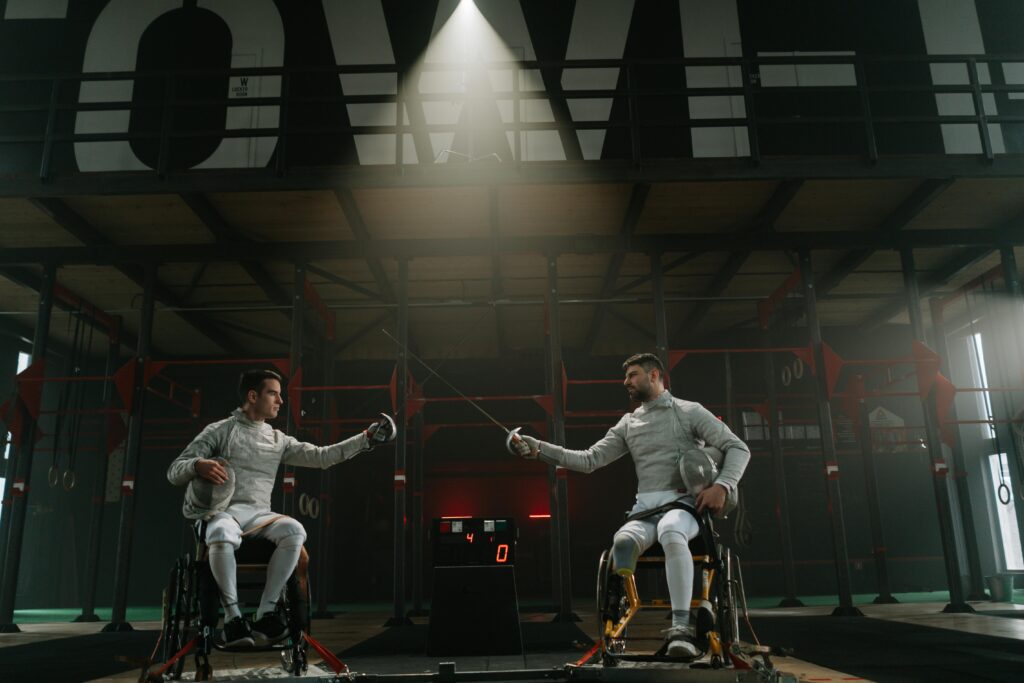In the realm of technology, few innovations have captivated the imagination and spurred as much speculation as Artificial Intelligence (AI). From its early theoretical roots to its current ubiquitous presence in everyday life, AI has undergone a remarkable evolution, transforming from a concept confined to research labs into a practical tool shaping industries and societies worldwide. In this exploration, we delve into the journey of AI from theory to practice, tracing its evolution and examining its impact on real-world applications.
The Genesis: Theoretical Foundations of AI
The seeds of AI were sown in the fertile grounds of mathematics, logic, and philosophy. Pioneering thinkers such as Alan Turing, John McCarthy, and Marvin Minsky laid the groundwork with their theoretical formulations of intelligent machines and computational models of human cognition. Their visionary ideas ignited a quest to create machines capable of emulating human-like intelligence, setting the stage for the birth of AI as a discipline.
Early Struggles: Challenges and Limitations
Despite the lofty ambitions of its proponents, AI faced numerous challenges in its infancy. The gap between theoretical concepts and practical implementations seemed insurmountable, with early AI systems often faltering in the face of real-world complexities. The lack of computational power, insufficient data, and the inability to replicate the nuanced capabilities of the human mind posed formidable obstacles, casting doubt on the feasibility of achieving true AI.
The Renaissance: Breakthroughs and Milestones
The turning point for AI came with a series of breakthroughs and milestones that propelled the field forward. The advent of machine learning algorithms, fueled by advances in data analytics and computational techniques, revolutionized AI research. Neural networks, inspired by the structure of the human brain, emerged as a powerful tool for pattern recognition and decision-making, paving the way for significant progress in areas such as image recognition, natural language processing, and autonomous systems.
The Age of Application: AI in the Real World
With the maturation of AI technologies, the focus shifted from theoretical pursuits to practical applications. Industries across sectors began harnessing the power of AI to streamline operations, enhance productivity, and drive innovation. From finance to healthcare, manufacturing to transportation, AI found its way into a myriad of use cases, transforming business processes and customer experiences alike.
In healthcare, AI algorithms analyze medical images and patient data to aid diagnosis and treatment planning, improving outcomes and reducing errors. In finance, predictive analytics and algorithmic trading algorithms optimize investment strategies and mitigate risks in volatile markets. In transportation, self-driving vehicles powered by AI promise safer and more efficient mobility solutions, reshaping the future of transportation.
The Future Horizon: Challenges and Opportunities
As AI continues to advance, it brings with it a host of opportunities and challenges. Ethical considerations surrounding data privacy, algorithmic bias, and the societal impact of automation loom large, raising important questions about the responsible use of AI. The need for interdisciplinary collaboration and regulatory frameworks becomes increasingly urgent as AI permeates ever deeper into our lives.
Yet, amidst the challenges, the promise of AI remains tantalizingly bright. With ongoing research in areas such as explainable AI, reinforcement learning, and quantum computing, the possibilities seem boundless. As AI evolves from a tool to a partner, augmenting human intelligence and capabilities, the journey from theory to practice takes on new meaning, ushering in an era of unprecedented innovation and discovery.
In conclusion, the evolution of AI from theory to practice represents a remarkable journey of human ingenuity and technological advancement. From humble beginnings as a theoretical concept to its current status as a transformative force shaping the future of society, AI has come a long way. As we stand on the cusp of a new era defined by intelligent machines and augmented intelligence, the story of AI serves as a testament to the enduring quest for knowledge and the limitless potential of human innovation.










